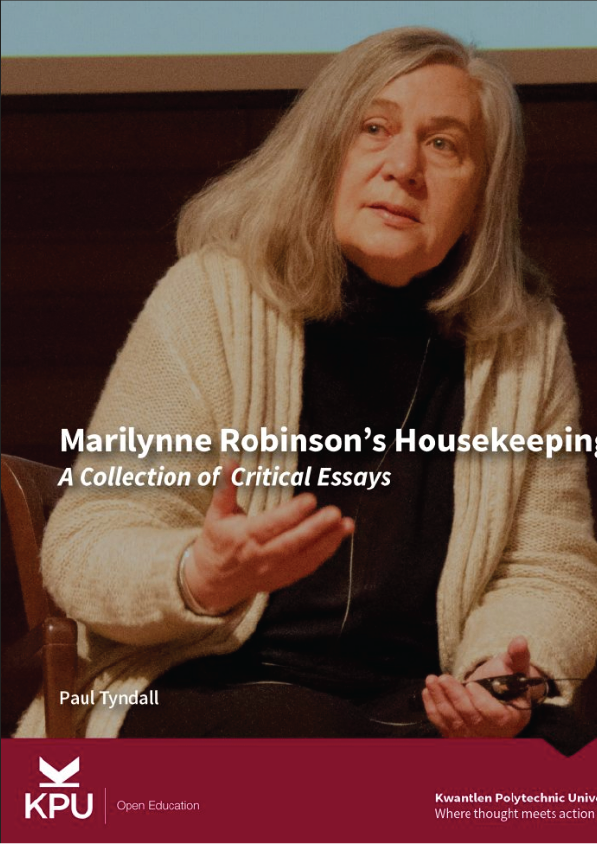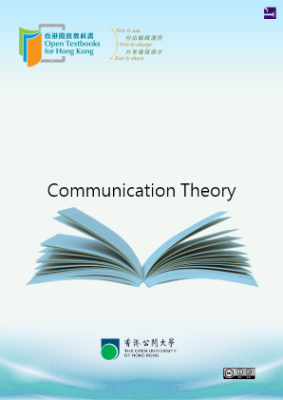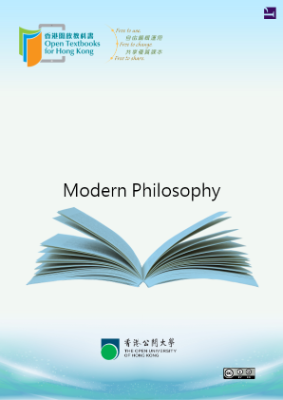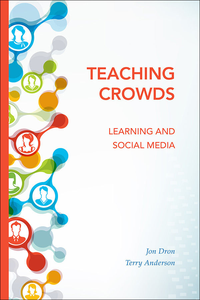A finalist for the Pulitzer Prize and the recipient of the Pen/Hemingway Award for best first novel, Housekeeping remains one of the most mature and accomplished debuts in contemporary American fiction. Those reviewing the novel at the time of its original publication praised its then unknown author for her command of language. As Le Anne Schreiber wrote in the New York Times Book Review, “Marilynne Robinson has written a first novel that one reads as slowly as poetry—and for the same reason: The language is so precise, so distilled, so beautiful that one does not want to miss any pleasure it might yield up to patience” (14). Anatole Broyard, also writing in the New York Times, observed:
Here’s a first novel that sounds as if the author has been treasuring it up all her life, waiting for it to form itself. It’s as if, in writing it, she broke through the ordinary human condition with all its dissatisfactions and achieved a kind of transfiguration. You can feel in the book a gathering voluptuous release of confidence, a delighted surprise at the unexpected capacities of language, a close, careful fondness for people that we thought only saints felt. (n.p.)
Subsequent critics have echoed this praise but broadened its reach to focus on the novel’s rich and allusive texture and its resonant relation to a wide range of classic and contemporary works of American fiction. Thus, Housekeeping has been likened to novels as diverse as Herman Melville’s Moby Dick, Mark Twain’s Adventures of Huckleberry Finn, and Kate Chopin’s The Awakening, as well as Toni Morrison’s Beloved, E. Annie Proulx’ The Shipping News and Margaret Atwood’s Cat’s Eye. The novel is taught regularly in colleges and universities across the English-speaking world not only in courses on American literature and contemporary fiction but also in Women’s Studies, Psychology, Philosophy and Religion programs. In recent years, it has twice been named one of the greatest novels of the twentieth century, and it has served as the inspiration for a highly praised film adaptation by the Scottish director Bill Forsyth.[1] Finally, Housekeeping has been the subject of more than seventy scholarly articles, published in academic journals and monographs, ranging from American Literature and Modern Fiction Studies to Feminism and Psychoanalysis, Philosophy and Literature, Religion and Literature and the Journal of the Fantastic in the Arts, as well as numerous Master’s and doctoral dissertations, and this number continues to grow.
Set in the fictional town of Fingerbone in northern Idaho in the 1950s, Housekeeping tells the story of two young girls, Ruth and Lucille Stone, who are orphaned at an early age after their mother deposits them on their grandmother’s doorstep and then drives her borrowed car into the same lake that had claimed the life of her father and the girls’ grandfather years earlier. As Ruth, the narrator of the novel, informs us early on in her narrative, she and her sister are raised by their grandmother until “one winter morning [she] eschewed awakening” (29). They are then briefly cared for by their elderly great aunts Lily and Nona Foster, who within weeks of arriving feel overwhelmed by the isolation of the small town and by the responsibility of looking after two young girls, and soon write to the girls’ itinerant aunt Sylvie requesting that she return to Fingerbone to look after her young nieces. The novel focuses on the relationship that forms between Sylvie, Ruth and Lucille, and on the growing differences between the two girls.











